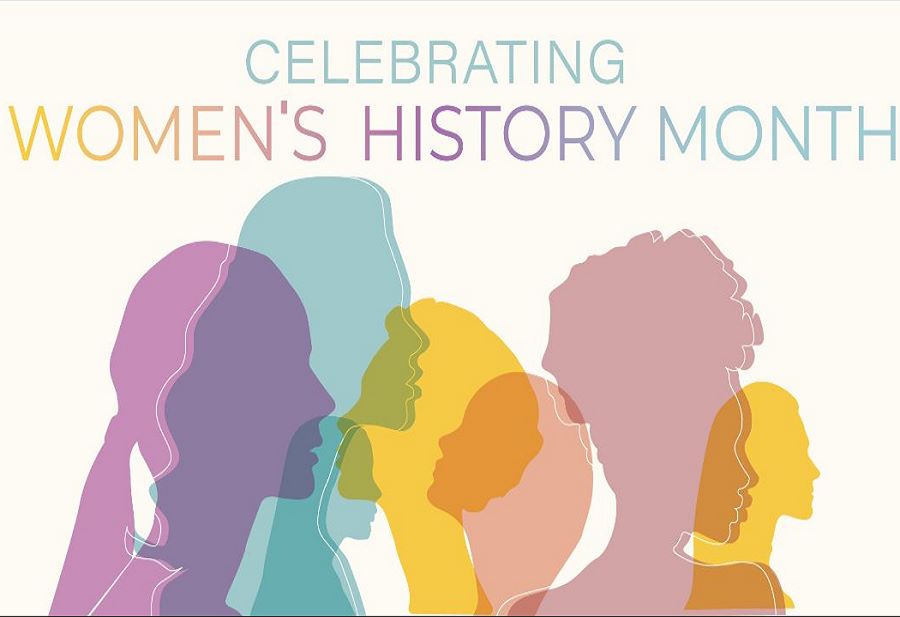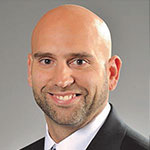Celebrating Women’s History Month

March is a time to celebrate the invaluable contributions, remarkable achievements, and invincible spirit of women throughout history. Women’s History Month serves as a poignant reminder of the strides made and the battles fought by women across the globe. It's a time to honor the pioneers who shattered barriers, the advocates who fought for equality, and the unsung heroes whose stories continue to inspire generations.
The observance originated from International Women's Day, held every March 8, which was inspired by women's rights movements and activism globally. Over time, this day evolved into a month-long celebration to highlight women's achievements, contributions and struggles worldwide.
Here, we talk about a few incredible women who helped transform the energy industry we know today.
Edith Clark was born in 1883 in Howard County, Maryland, and was the first U.S. woman to be professionally employed as an electrical engineer and the first female electrical engineering professor. While working for General Electric, she invented the Clarke calculator, a graphing calculator that solved equations regarding electric current, voltage and impedance in power transmission lines. She also contributed her electrical expertise to the design and building of the hydroelectric dams in the West Hoover Dam. In 1954, she received the Society of Women Engineers (SWE) Achievement Award “in recognition of her many original contributions to stability theory and circuit analysis,” from Evelyn Jetter, one of SWE’s founders.
Alice H. Parker was born in 1885 in Morristown, New Jersey, and graduated from Howard University with honors in 1910. She is best known for her gas furnace patent that she received in 1919. Her patent was a precursor to modern heating systems and led the way to thermostats, forced air furnaces and zone heating. In 2019, the National Society of Black Physicists honored Parker, calling her invention a “revolutionary idea that conserved energy and paved the way for central heating systems.”
Maria Telkes was born in 1900 in Budapest, Hungary, and went on to become a successful biophysicist and physical chemist. She is best known for the first solar-powered heating system designed for residences and the solar distiller that vaporized seawater and then recondensed it into drinkable water. In 1952, she became the first recipient of the Society of Women Engineers Achievement Award, and 25 years later she received a lifetime achievement award from the National Academy of Sciences Building Research Advisory Board for her solar-heated building technology contributions.
Kudos to the powerful women who came before us and to the many women currently working in the energy industry, including here at Santee Cooper. You don’t have to be in the energy industry to understand knowledge is power.
